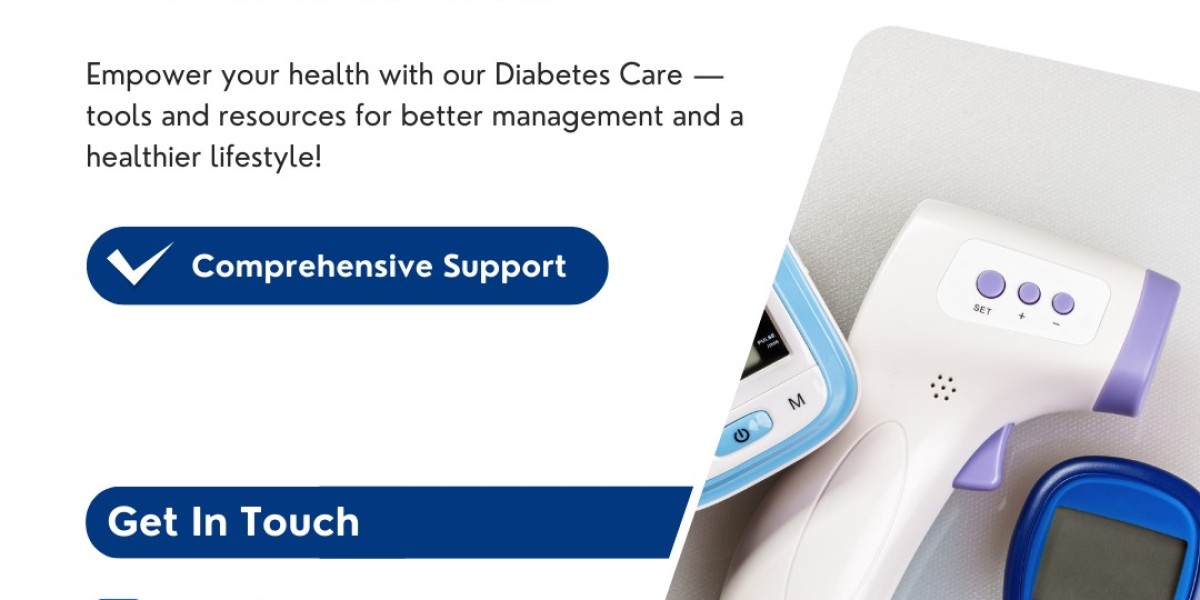Diabetes is a global health crisis that continues to affect an increasing number of people each year. According to the International Diabetes Federation, over 500 million adults were living with diabetes in 2021, and this number is projected to rise significantly by 2045. The economic, social, and personal toll of diabetes is immense, making it a pressing public health issue. This article explores the challenges posed by diabetes and the solutions to address them.
The Global Diabetes Epidemic
Diabetes prevalence has surged over the past few decades, driven by factors such as urbanization, sedentary lifestyles, and unhealthy diets. The burden is particularly high in low- and middle-income countries, where healthcare systems often struggle to provide adequate care.
Economic Costs of Diabetes
Diabetes places a significant financial strain on individuals, families, and healthcare systems. Costs include:
Direct Costs: Medical expenses for medications, hospitalizations, and routine care.
Indirect Costs: Lost productivity due to illness, disability, or premature death.
Challenges in Diabetes Management
Delayed Diagnosis: Many individuals with diabetes remain undiagnosed due to a lack of awareness and limited access to healthcare.
Inequitable Access to Care: In many regions, insulin and other essential medications are unaffordable or unavailable.
Lifestyle Barriers: Busy schedules, cultural factors, and limited access to healthy foods and exercise opportunities hinder lifestyle changes.
Stigma and Misconceptions: Misunderstandings about diabetes can lead to stigma, which may discourage people from seeking help.
Innovative Solutions to Combat Diabetes
Awareness Campaigns: Public health initiatives can educate communities about diabetes prevention and management. Early screening programs can identify at-risk individuals.
Technological Advancements: Innovations such as continuous glucose monitors, insulin pumps, and mobile health apps empower individuals to manage their condition more effectively.
Policy Interventions: Governments can implement policies to reduce diabetes risk factors, such as taxing sugary drinks, promoting physical activity, and subsidizing healthy foods.
Integrated Care Models: Collaborative approaches that involve healthcare providers, nutritionists, and mental health professionals can improve outcomes.
Research and Development: Ongoing research is crucial to develop new treatments, such as artificial pancreas systems and advances in stem cell therapy.
The Role of Individuals and Communities
Preventing and managing diabetes requires collective action:
Individuals: Adopting healthy habits, staying informed, and seeking regular medical advice.
Communities: Supporting initiatives that promote health and wellness, such as building safe spaces for exercise and advocating for better healthcare access.
Conclusion
Diabetes is a formidable challenge, but it is not insurmountable. By addressing the root causes, improving access to care, and leveraging technology and community support, we can mitigate the impact of this condition. Empowering individuals and fostering a collaborative approach are key to creating a healthier, diabetes-free future.








